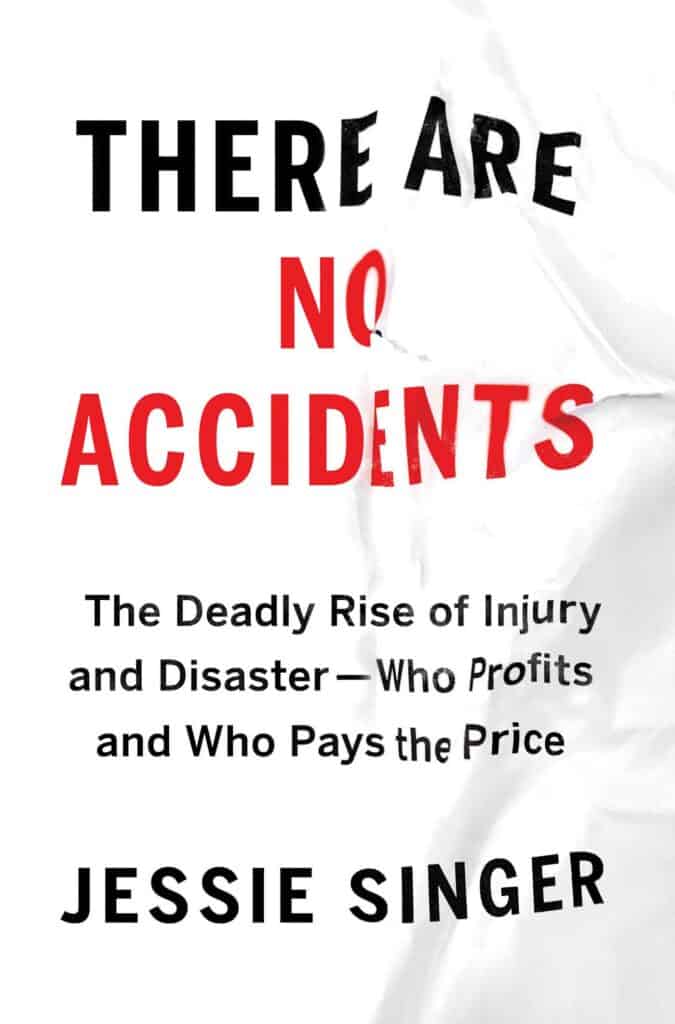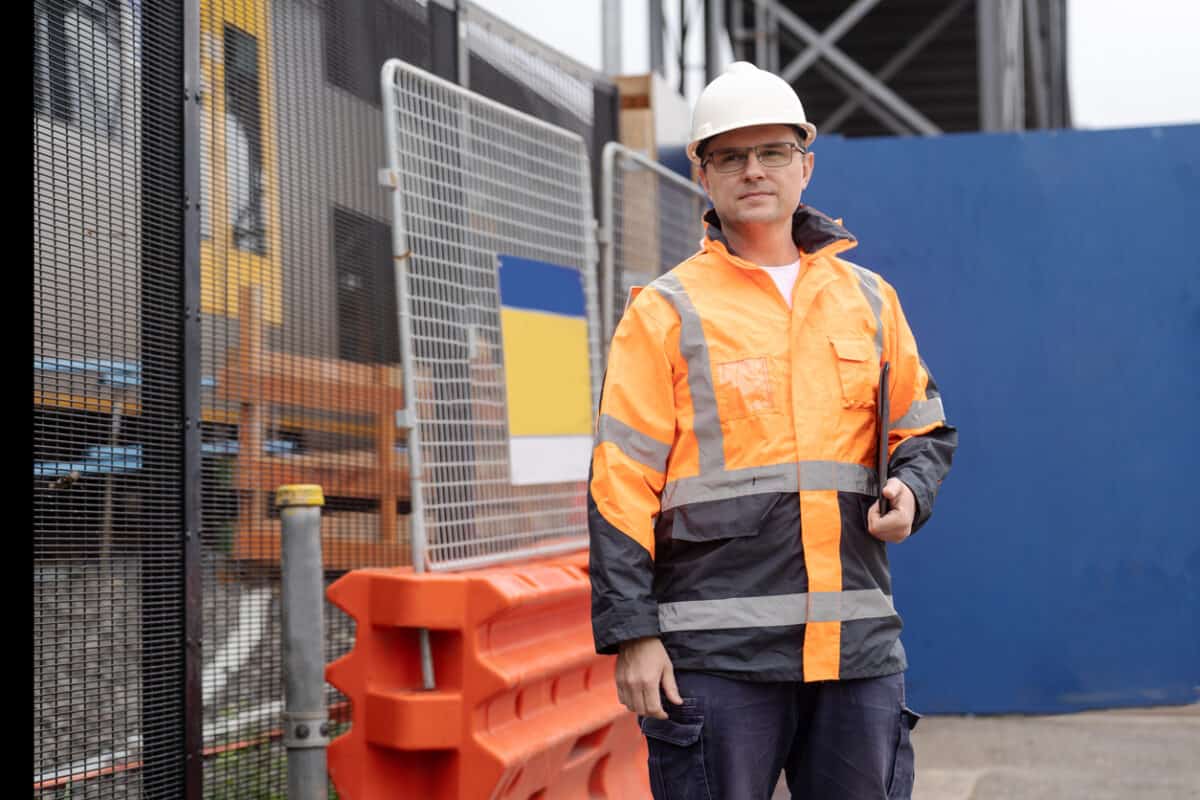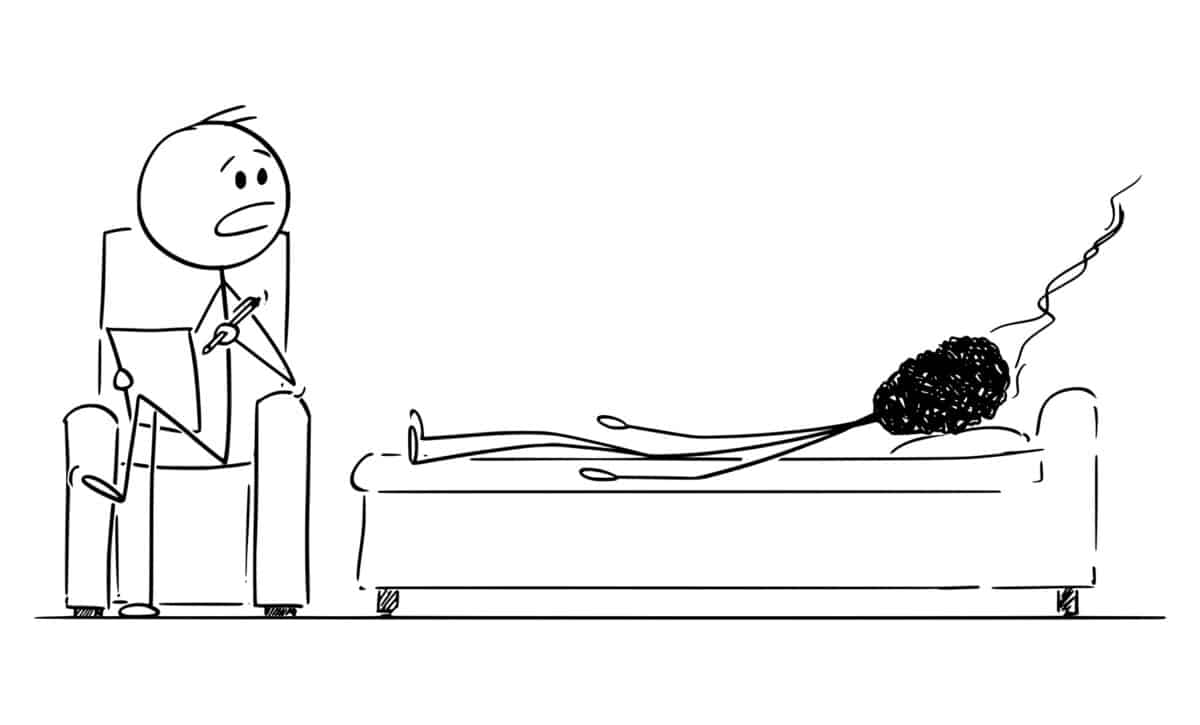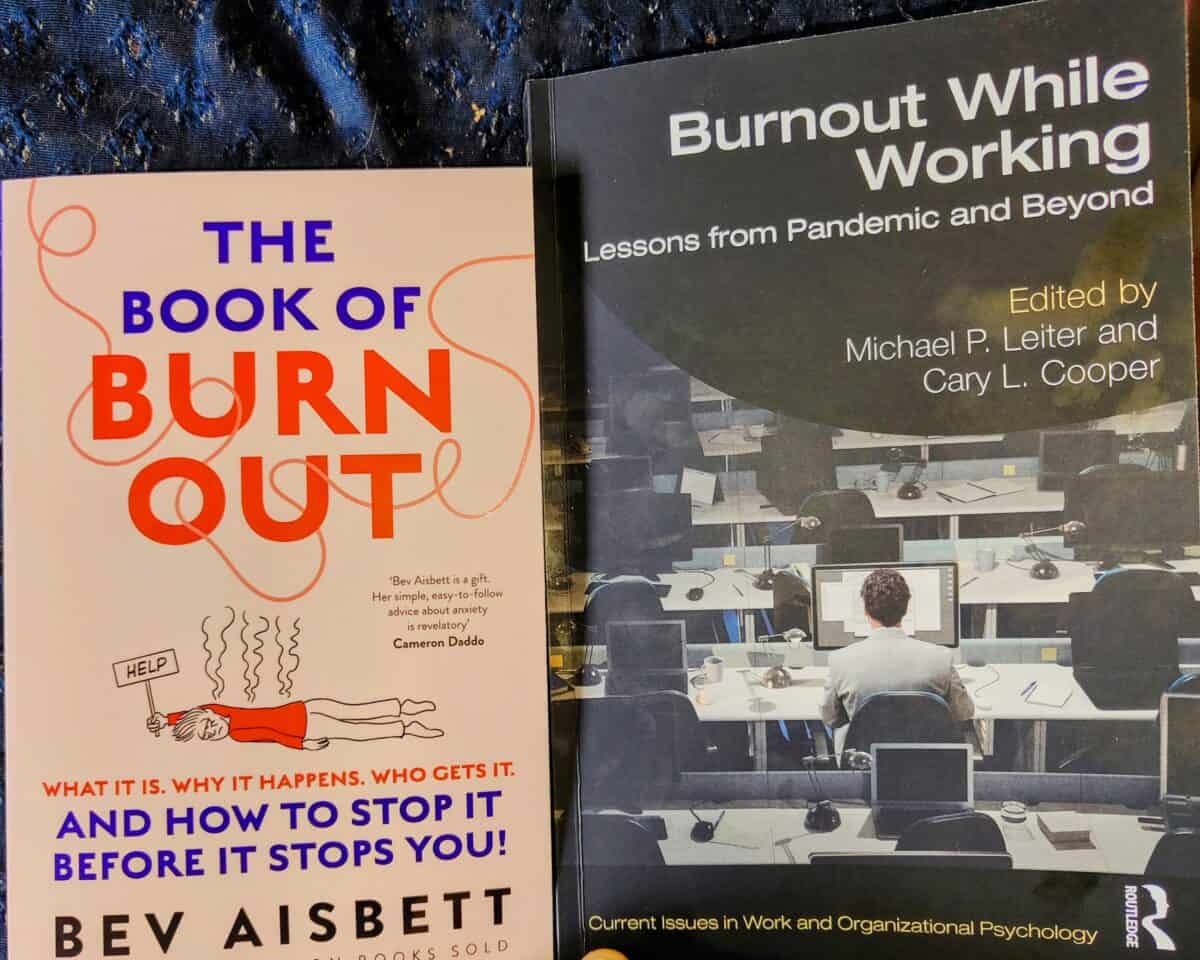Recently a discussion of occupational health and safety (OHS) in Australia’s construction industry during COVID-19 lockdowns was published. “What’s it going to take? Lessons Learned from COVID-19 and worker mental health in the Australian construction industry” is thankfully “open access” and well worth reading for its strong and controversial OHS recommendations, but it could have paid more attention to the role of the employers or Persons Conducting a Business or Undertaking (PCBU) in applying legislative OHS obligations and how their resistance continues to harm workers.
Category: pandemic
The personal and cultural factors in work addiction
Recently this blog wrote about an article on the news website of the Australian Broadcasting Corporation concerning burnout. One of the people interviewed for the article was Sally McGrath, who responded to a series of questions put to her to clarify some of the workplace mental health issues raised.
SAWB: Did your three burnout experiences happen at the same workplace?
Continue reading “The personal and cultural factors in work addiction”SM: Yes – this was a result of me taking on too much, and being “capable” is something that I believe can work both for and against a person. In my case (and many I see) always saying yes and being delegated work is where the burnout begins, you don’t want to be seen as not coping or capable. You also want to be seen as the “next in line for promotion” and saying no can work against you.
The two extremes of managing burnout
Two new books about burnout arrived on my doorstep this week. They could not be more different. They reflect the mess of approaches to this type of psychosocial injury. Only one provides valid, useful evidence and advice.
Bev Aisbett released a book that I found unreadable – partly because of the advice offered but mostly because of the atrocious formatting where she YELLS almost all the time in the most annoying social media way. Below is a random example.
Notable books on safety and work
This end-of-year list is more complex than one of unread books because of the qualitative elements. In writing this article, off-the-cuff, I thought of the three or four books that I could readily remember reading in 2022; those that stuck in my mind for several reasons.

The book that most readily comes to mind from 2022 is the Jessie Singer book “There are no Accidents“. Singer makes the same point as many occupational health and safety (OHS) people have – accidents are not an “act of God”. There is always a cause IF we choose to look. There is always a social, corporate, economic of ethical environment that either encourages or fails to discourage decisions that can lead to harm.
Continue reading “Notable books on safety and work”The bubble has burst. Bring on the next one.
The legal action by Self-Employed Australia’s Ken Phillips to hold the Victorian Premier, Daniel Andrews, ministers and senior bureaucrats accountable for COVID-19-related deaths stemming from the failure of the hotel quarantine program appears to have failed. At least it has in the courts, fringe community and political views still exist saying that Andrews should be pursued for murder or industrial manslaughter.
Some good presenters, some great, but OHS conferences need more work
What was missing most from the recent conference of the Asia Pacific Occupational Safety and Health Organisation was a strong Asia-Pacific voice. Certainly, there were presentations by Asian OHS professionals and some westerners working in Asia, but the keynote speakers were almost from Anglo-European cultures. This made it hard to understand if the conference was designed for Asian safety and health professionals to learn from us or for Australians to learn from them. Perhaps it was just for all of us to learn as a profession.
Some of the keynote speakers offered universal suggestions for improving the management of workplace health and safety, but perhaps these were so universal as to be generic or safe. For instance, one of the greatest challenges for the Asian region, in particular, is ensuring the safety of migrant workers. There was one mention of the deaths of the World Cup construction workers, and that was in passing.
Below is a summary of the conference and some of the occupational health and safety issues (OHS) raised.
Governments could improve their OHS performance if they wanted
In 2019, the head of SafeWork South Australia, Martyn Campbell, told this blog that he agreed that government departments should be exemplars in occupational health and safety and that “we should be the pinnacle of safety professionalism and leadership”. It should not be a surprise to hear the head of an OHS regulatory agency claim this, but the origin of the question to Campbell stemmed from a review of Victoria’s OHS Act by Chris Maxwell QC in 2004.
Given the recent OHS-related scandals in various jurisdictions, which have often been related to the management of the coronavirus pandemic, it is worth reminding ourselves of the OHS performance standards that Maxwell advocated for all government departments and agencies.






